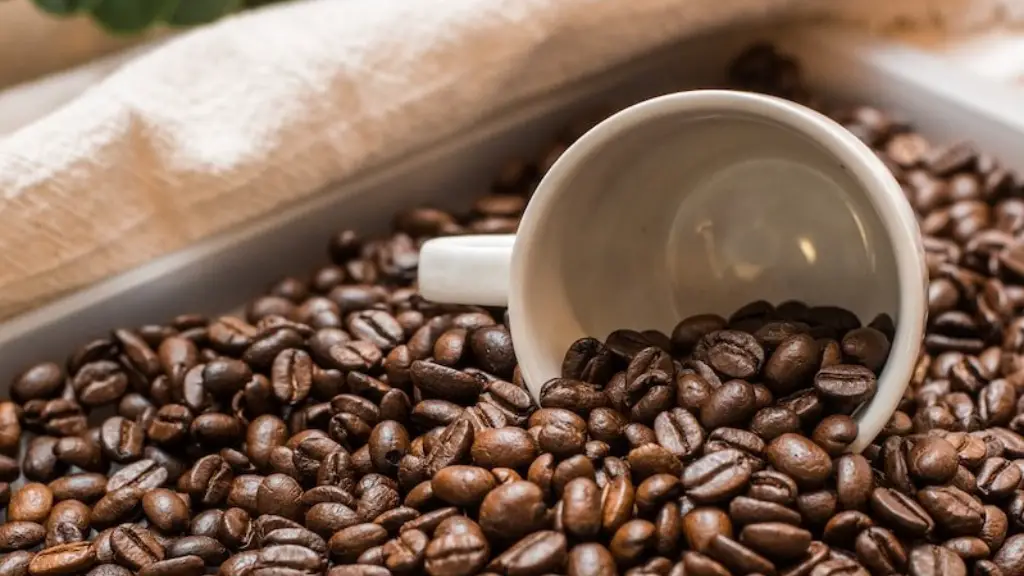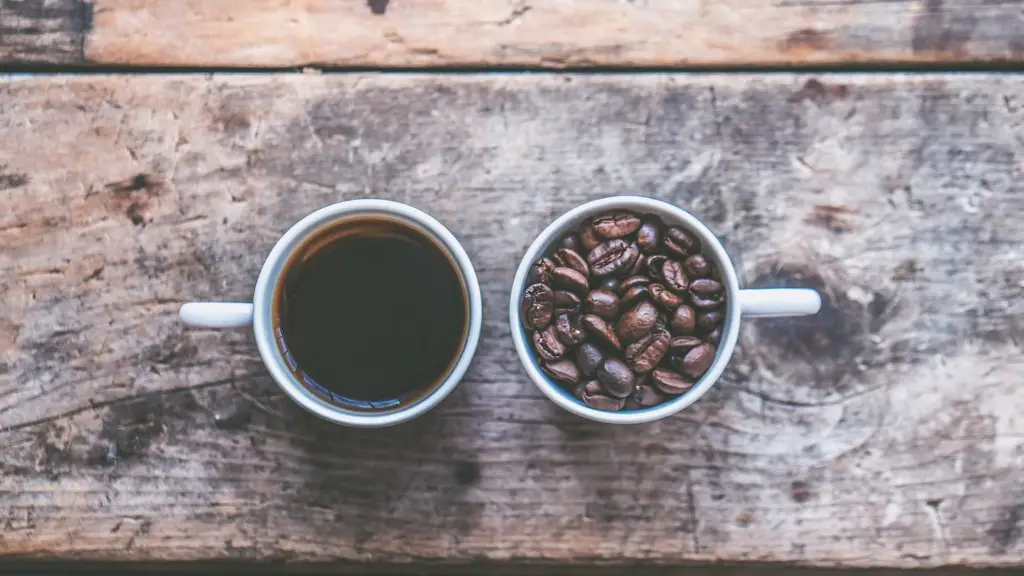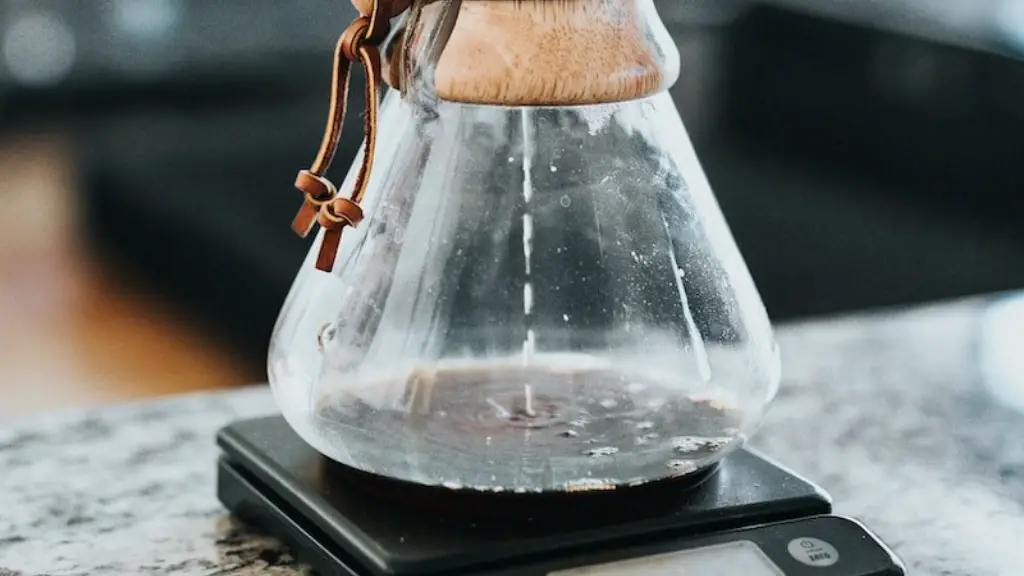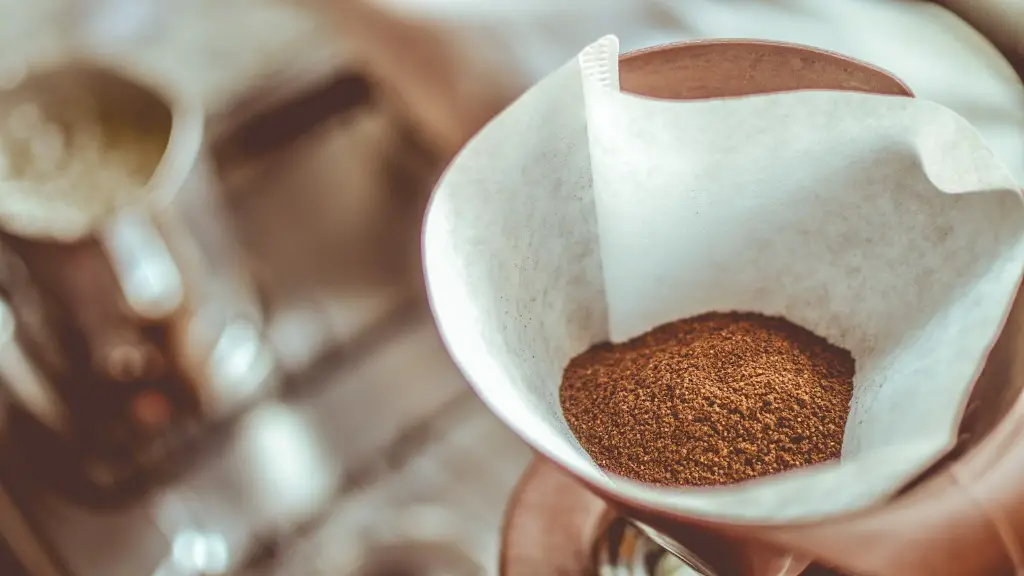Why Do I Feel Bloated After Drinking Tea or Coffee?
Have you ever noticed a little bit of a pressure in your abdomen after drinking tea or coffee? If so, you’re certainly not alone. Many people experience a bloated feeling in their stomach after consuming tea or coffee, or report experiencing frequent bouts of bloating throughout the day. This can be very bothersome, but what is causing it?
The process of bloating is the result of organic compounds which are released when tea or coffee is consumed. These compounds can irritate the digestive system, causing it to become inflamed. This can lead to the uncomfortable feeling of bloating in the stomach. Tea and coffee can also be quite acidic, and this acidity can contribute to the digestive distress. It’s also worth noting that caffeine can stimulate the production of stomach acids, which can lead to further irritation and bloating.
Aside from the compounds that are naturally found in tea and coffee, certain additives can make the bloating sensation worse. Many people like to add sweeteners to their drinks, but these can further irritate the digestive tract. Sugar, artificial sweeteners, and even milk can all lead to problems if consumed in high amounts. Concentrated brewing methods, such as French press or espresso, can also contribute to bloating. The higher the concentration of tea or coffee, the more likely it is that the stomach will become inflamed.
Bloating is an unpleasant experience, but thankfully it can be managed through lifestyle changes. Firstly, it is important to reduce the amount of tea or coffee consumed to avoid irritating the digestive system. Limiting the amount of sweetener used is also a good idea, as this can help reduce the intensity of the bloating sensation. Brewing methods with less concentration are recommended, and it is also a good idea to wait 30 minutes to an hour after drinking before eating a meal. This will give the body time to process the tea or coffee and avoid unnecessary digestive discomfort.
In general, it’s important to be aware of the potential impact that tea or coffee can have on our digestive system. A bloated feeling is never fun, and it can be quite uncomfortable but by being mindful of how much and how often we are drinking these liquids, we can help reduce this unwanted feeling.
Changing Diet Habits
In order to better control bloating, it can also be helpful to change one’s diet habits. Eating smaller meals more frequently, for example, can help one to better digest the food, and in turn avoid bloating and other digestive issues. Adding healthy, low-fat food like lean proteins, fruits, and vegetables is also highly recommended. As the body is able to break these down more easily, it will have a hugely positive effect on bloating. Additionally, limiting foods that are processed and high in sugar can help to reduce the occurrence of bloating. These sorts of foods can be difficult for the body to break down and can also cause inflammation.
Drinking plenty of water throughout the day is also important when trying to reduce the onset of bloating. Water helps to keep the body hydrated, something which is essential for proper digestion, and it also helps to flush the system. Finally, it’s important to give the body time to relax, as a lack of sleep and exercise can contribute to digestive issues. Ensuring that one gets plenty of rest and regular exercise can help to manage the discomfort of bloating throughout the day.
Seeking Professional Assistance
If the bloating sensation is persistent and long-lasting, it may be worth seeking the advice of a medical professional. Whilst lifestyle changes can be incredibly beneficial, there may be an underlying issue that needs to be addressed. Those with a sensitive digestive system may benefit from medications and other treatments that can help to regulate its function. Additionally, if there is an underlying cause, such as an intolerance, a doctor can best advise on ways to manage it.
In some cases, there may be an allergy involved. Allergies to tea and coffee are incredibly rare but should not be overlooked. Skin prick tests and other allergy tests with an allergist may be able to identify specific triggers, allowing one to better manage the situation. Finally, keep in mind that those who are pregnant or lactating may be more prone to the effects of bloating, so seeking the help of medical support can be even more beneficial.
Lifestyle Changes
It’s important to introduce small lifestyle changes to ensure one’s digestive health is appropriately managed. For example, take some time to relax before eating a meal and ensure that meals are not overly large. Another beneficial change is to try and avoid eating or drinking tea or coffee very late in the evening, as this can disrupt digestion and lead to bloating. Finally, reduce any sorts of stress in one’s day-to-day life, as this can cause further digestive discomfort and irritate the stomach.
Supplementation to Counter Effects
There are some supplements on the market that may be able to help with the effects of bloating. Prebiotics, for example, are thought to have positive benefits on one’s digestive system and can also help with any food intolerances. Herbal teas, such as chamomile and peppermint, can be helpful in soothing an upset stomach, and can sometimes be better alternatives than regular tea or coffee, as their compounds are not as intense. Additionally, probiotics are another popular supplement that can be taken to help restore the natural balance of bacteria in the digestive system and help it to remain healthy.
Managing Bloating Symptoms
When it comes to managing bloating after drinking tea or coffee, it’s all about making positive lifestyle changes and being mindful of what one consumes. By making small adjustments to one’s diet, for example, and increasing water intake, we can help to keep our digestive system healthy and functioning properly. Additionally, seeking the advice of professional medical help if the bloating is persistent can assist one in identifying and managing any underlying issues, such as allergies and food intolerances.
Choosing the Right Tea or Coffee
It can also be helpful to ensure that one is consuming the right kind of tea or coffee. Organic products, for example, may be less acidic and less likely to cause an upset stomach than alternative options. Ensuring that the tea or coffee is the right strength is also important and opting for a milder type can help one to avoid bloating. The addition of almond or coconut milk may be beneficial for those with a sensitive stomach, as this type of milk is more easily digested by the body.
Conclusion
In conclusion, those who feel bloated after drinking tea or coffee should make certain to keep their diet healthy and to avoid the consumption of too many sweeteners. By keeping the digestive system healthy and well-hydrated, we can help to avoid bloating and the uncomfortable sensation that it brings. Additionally, it is important to be aware of any allergies that one may have and to ensure that one is consuming the right type and concentration of tea or coffee. Finally, consulting with a medical professional if the feeling of bloating persists can help one to better manage their condition.



